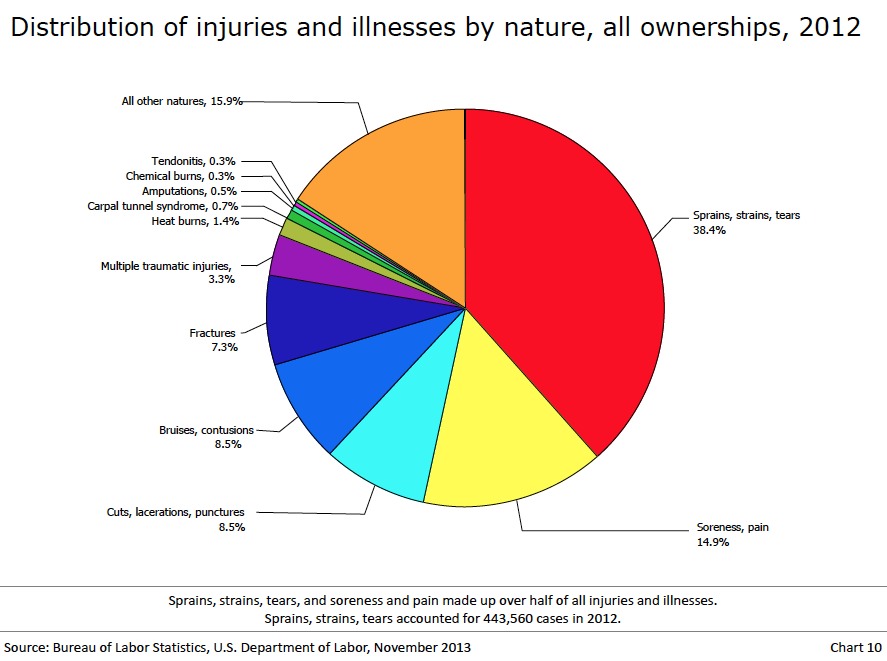When initially analyzing your workers' compensation claim, the first step your attorney will take is to determine whether you are covered by the North Carolina Workers' Compensation Act. This is the first post in a four-post series discussing who is covered by the Act. The second post will cover who is an employee for the purposes of workers' compensation, the third post will discuss what types of cases fall under the jurisdiction of the North Carolina Industrial Commission and the fourth will cover what is meant by injuries arising "out of and in the course of employment."
Let's jump right in then. . .
North Carolina law, like most states, limits workers’ compensation benefits to employees who: (1) have suffered an injury by accident arising out of and in the course of employment, or (2) have an occupational disease.
So, in plain English, why does this matter? As an injured worker, you will be eligible for workers' compensation benefits only if you were injured by accident or you have a qualifying occupational disease. Whether an injury was by accident or you have a qualifying occupational disease is often a contested issue in workers’ compensation claims, which is why it is important to hire an experienced attorney to handle your case.
Tip: When filling out a Form 18, which is the form used to initially report the accident, the manner in which you describe how the accident/disease occurred can affect whether or not you are entitled to benefits.
What is an "Accident"?
One way to think about accidents is to ask yourself whether what happened occurs normally when performing the task. That is, in order to qualify as an accident the event that gave rise to the injury must be outside of your normal working conditions or your normal working environment. In the workers’ compensation field, lawyers typically describe accidents as “an unlooked for and untoward event which is not expected or designed by the person who suffers the injury.” Hensley v. Farmers Fed’n Cooperative, 246 N.C. 274, 278, 98 S.E.2d 289, 292 (1957). Examples of common types of accidents include slips, falls, or unexpected or unusual levels of exertion.
What types of injuries occur as a result of workplace accidents?
According to the most recent data from the U.S. Department of Labor, sprains, strains, and tears are the most common types of injuries by accident. Refer to the chart below for more information regarding workplace injuries.







